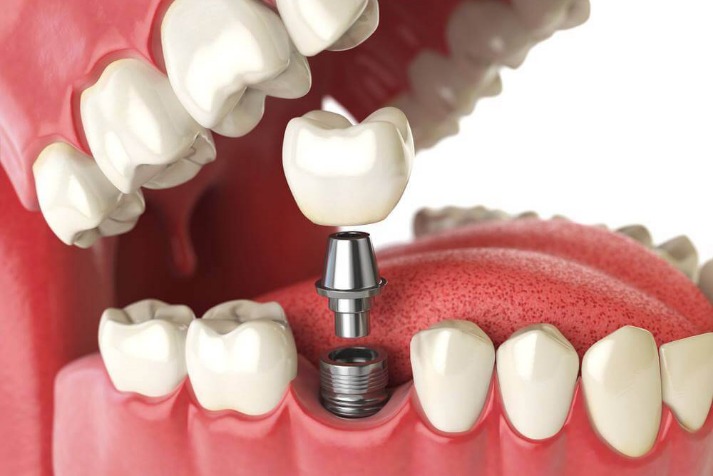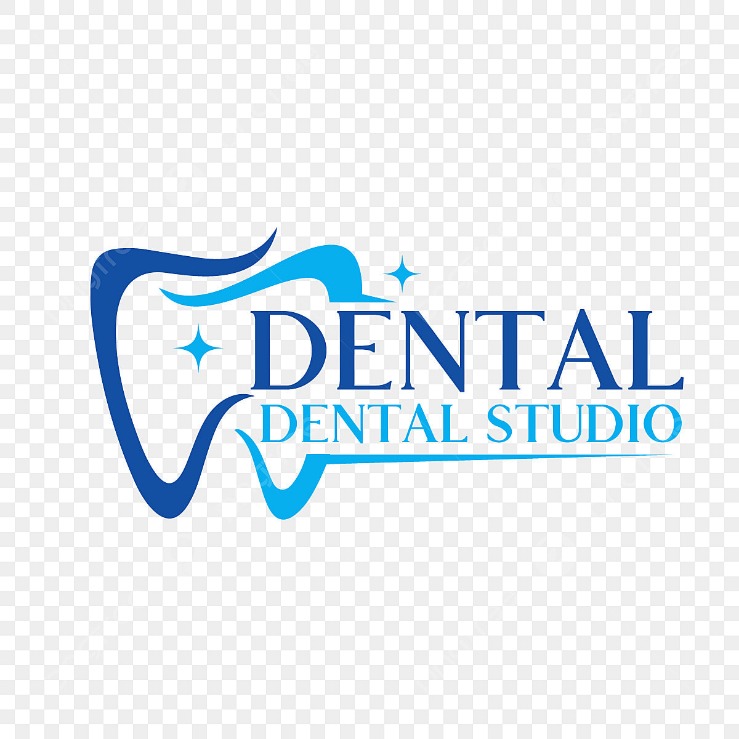Routine dental cleanings are essential to maintain your best oral health. Teeth cleanings get rid of debris, plaque, tartar and biofilm (a thin film of bacteria) that you can’t remove with brushing and flossing alone.
For optimal oral health, you need a combination of good at-home oral hygiene and professional dental cleanings. During this step, your dentist or hygienist will use hand instruments called scalers to remove plaque and tartar from your teeth surfaces.
View educational materials on important ways to maintain good oral health, including proper brushing, flossing, and much more. Learn ways to care for your oral health if you’re living with HIV. Having dry mouth all or most of the time is not only uncomfortable—it can lead to serious health problems. Having good oral health early in life sets your child up for good oral health as they grow.
For instance, a single dental implant can cost $3,000 to $6,000. Many basic dental insurance plans don’t cover implants, and those that come with limits and exclusions. With that in mind, many consumers choose dental insurance covering implants. The sooner you receive treatment, the better your chances for lasting and improved oral health.
Regardless, we’ll work with you to select a plan that brings the average dental insurance cost down. Copays are a set dollar amount and also may be required during a procedure. When a dental deductible is met, most policies only cover a percentage of the remaining costs. The remaining balance of the bill paid by the patient is called coinsurance, which typically ranges from 20% to 80% of the total bill. HMOs usually have copays and PPO plans usually have coinsurance. Dental insurance works differently than traditional health insurance. Dental insurance policies work by helping you effectively budget for the cost of maintaining healthy teeth and gums.
What’s inside our mouths?
Choosing a dental plan can be challenging once you review the paperwork’s fine print. Much depends on your oral health, age, necessary procedures—and even which dentist you want to see. Seniors on Medicare, for instance, will have a different definition of what constitutes the best dental insurance possible than other age groups. Carefully review your options with the insurance company or a trusted insurance agent who can advise you on the finer points. Most dental insurance policies do not cover any costs for cosmetic procedures, such as teeth whitening, tooth shaping, veneers, and gum contouring. Because these procedures are meant to simply improve the look of your teeth, they are not considered medically necessary and must be paid for entirely by the patient.
Speak to an Agent
Ask your dentist how often you should have your teeth cleaned.
Children and adults alike can benefit from sealants and fluoride treatments. Ask your dentist if these preventive treatments are right for you. Dental cleanings are key to maintaining healthy teeth and gums. During a dental cleaning, a dentist or dental hygienist will remove bacteria, plaque and tartar buildup from your teeth surfaces. They may also perform other preventive services during the same visit, such as dental sealants and fluoride treatments. Most dental plans cover 100% of preventive care, such as annual or semiannual office visits for cleaning, X-rays, and sealants. These are the most common procedures covered, often without any waiting period.
Read more about Mom’s Guide to Oral Health here.






